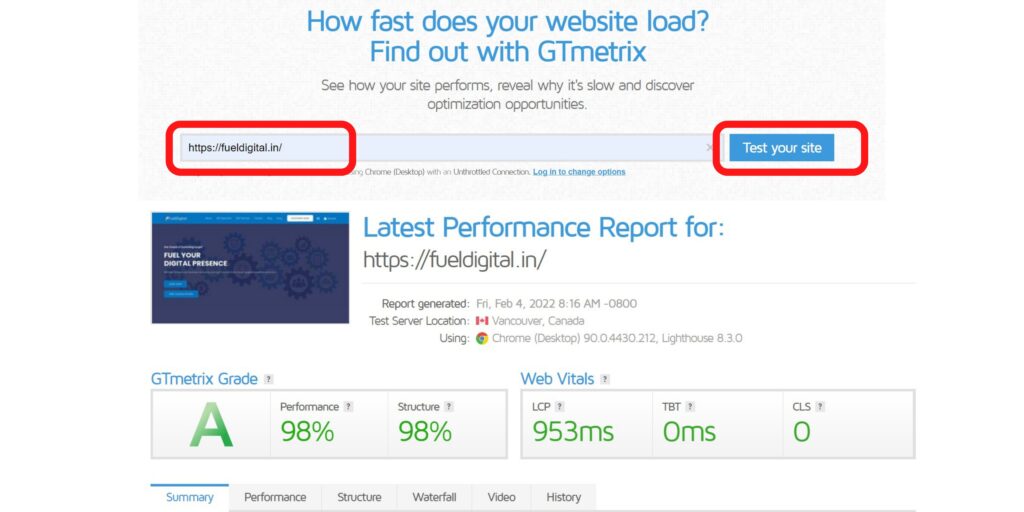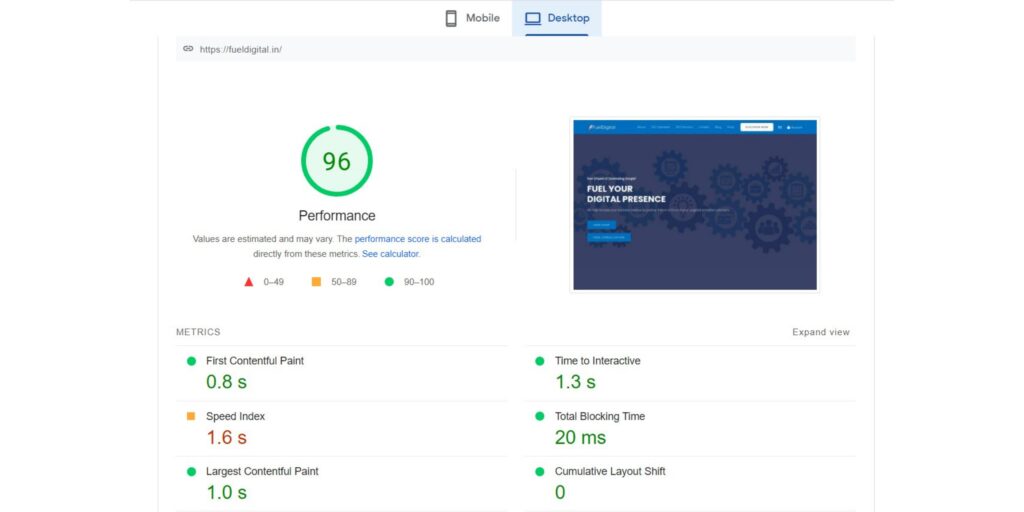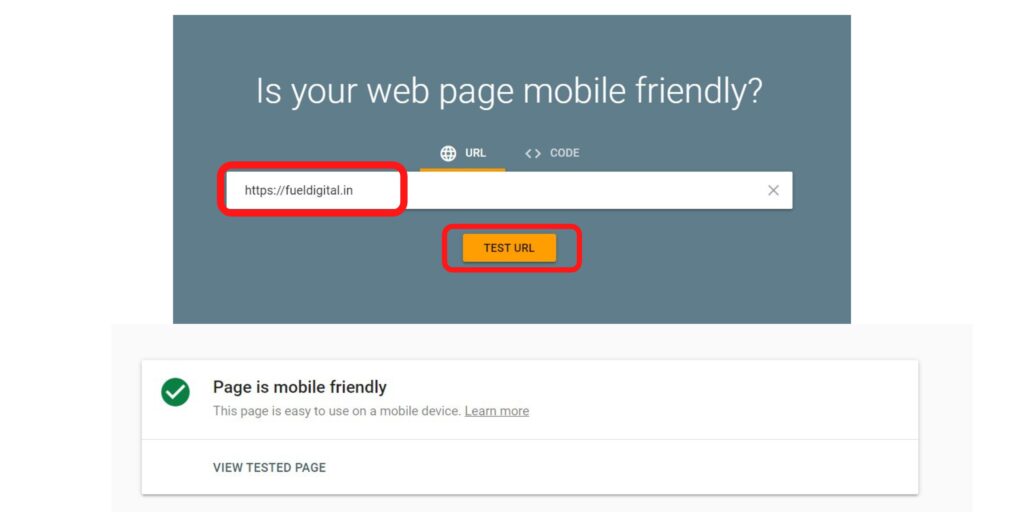Did you know that Google’s search algorithm uses more than 200 factors to rank websites? This means in order to rank well in search engines, your website needs to have certain characteristics. In this article, we’ll discuss the top 10 best SEO ranking factors that are important to consider when creating or improving your website’s search engine optimization (SEO). Don’t worry; we won’t bore you with long technical explanations; instead, we’ll get right into the list after a basic explanation of what exactly are SEO ranking factors!
Table of Contents
What are SEO Ranking Factors?
If you want to rank high in Google search results, it’s important to understand how search engines work and how they determine rankings. There are many elements that contribute to ranking highly on Google. These elements are called ranking factors or ranking signals. Search engine optimization SEO is a really broad topic and I won’t attempt to explain all of them here; instead, I’ll focus on some of the most important SEO ranking factors in 2022.
Here is a list of 10 Important SEO Ranking Factors
1. Keyword Optimization
36% of SEO experts think the headline/title tag is the most important SEO element.
Keywords are what people search for on Google. Keyword optimization is one of the most basic and critical SEO ranking factors. It can make or break your SEO efforts, so you need to be careful when doing keywords research. When someone uses Google to find something they want, they type a phrase into Google (that’s a keyword). The more your page matches that keyword, the higher you rank in searches related to that keyword. Optimizing your site for keywords makes it easier for potential customers to find you, which in turn increases your chances of converting those searchers into leads and paying customers!
2. On-Page Optimization
57% of marketing executives say on-page content development was the most effective SEO tactic.
On-page optimization is one of those areas that’s easier said than done. Optimizing your web content requires a deep understanding of how search engines work—which changes every year or so. But, with a bit of research and planning, you can nail on-page optimization. Keep these best practices in mind as you’re writing new content: Make sure keywords are present in both titles and text; write meta descriptions for each page based on what people might be searching for and explain why they should click on your site instead of the other sites that are also showing up on the search results; structure your page to focus on user experience first and search engine rankings second. If you care about your users first and love them, Google will love you back. Additionally, your site should be secured with an SSL certificate.
3. Backlinks
Backlinks are links from external websites pointing to your site. These links represent votes of confidence and create a good reputation for your site in the eyes of Google and your users if you are doing it the right way. Backlinks are, by far, the strongest ranking factor out there. Links from popular, trusted blogs and sites with a high Domain Authority are great additions to your backlink portfolio.
Consider the following statistics:
- 91% of all pages never get any organic traffic from Google, mostly due to the fact they don’t have backlinks.
- 55.24% of pages don’t have a single backlink.
- The more backlinks a page has, the more search traffic it gets from Google.
- Top results on Google’s first SERP have 3.8 times more backlinks than those below them.
A site with quality backlinks is more likely to rank higher on Google than a site with little to no backlinks (or poor quality backlinks), however, this isn’t always true. This is because if a site offers EXACTLY what a user on Google is looking for, it can pretty much outrank another site even with fewer backlinks because of a better user experience.
Link building takes time and effort—but it’s worth it in terms of search engine rankings. But remember that you don’t want to spam others when asking for backlinks. It can be tempting to do so but aim for quality over quantity when adding links to your site or that of others. Google is pretty good at detecting these abuses and penalizing those who abuse their system; just ask any link builder how many sites they have been banned from! If you follow Google’s guidelines on avoiding poor link practices, link-building efforts shouldn’t become an issue for you.
4. Internal Linking Structure
Using keywords and key phrases in your internal linking structure can help with search engine rankings. While it’s important to have an overall natural, readable flow to your site, including relevant keywords in anchor text and within links can help search engines pick up on their importance. Make sure that when you do include keywords as anchor text, they don’t look unnatural or spammy. Ideally, you’d want to internal link your content in a way that’s designed to complement other existing content on your site and provide additional context for visitors.
5. Page Speed

This may sound obvious, but page speed is one of—if not THE—most important ranking factors in 2022. Page speed isn’t just about your bounce rate, it’s about delivering a better user experience, ranking higher in SERPs and winning over website visitors. No one likes visiting a website that takes forever to load. The good news is that there are lots of free quick fixes for improving page speed. Make sure to use a web-performance service like Google Pagespeed Insights and GTMetrix to check your site’s loading times (3 seconds or less ideally).

6. Content Length & Relevancy
This is probably one of your biggest considerations when it comes to ranking on Google and/or other search engines. Although content length isn’t completely representative of content quality, it can give Google an idea of how in-depth you want to go with your topic. You don’t want your content to be excessively lengthy, like 5000 words, neither do you want it to be less than 500 words. It depends on the industry you are in and the type of content your audience is looking for. If you provide unnecessary or irrelevant information than what people are looking for, they will likely bounce from your site, which isn’t a good user signal to Google. The best way to go about this one is to closely observe what 5 of your top competitors are doing, what’s working for them, and what isn’t. Chances are what’s working for your top 5 competitors will also work for you if you do it correctly. Don’t copy-paste stuff, add your own touch to the content instead.
Relevancy also has a large impact on your rankings; if you include terms that don’t relate directly to what someone is searching for, then those terms won’t help improve your rank. The bottom line? Make sure your content includes valuable insights into a particular subject matter. Additionally, make sure that as many of these insights as possible align directly with keywords related to that subject matter. You need to be able to comprehend the context and intent behind a keyword and then offer the solution through the content you put out.
7. User Engagement
When it comes to optimizing a site’s content, user engagement should be at the top of your list. If users stick around on your site, visit multiple pages per session, they’re more likely to engage with you in other ways as well like social sharing. This can lead to conversions—if you make it easy for them to buy or sign up, they’ll do it. As search engines pay really close attention to overall user experience, those that get higher marks for user engagement will rank higher in SERPs. More specifically, according to Search Engine Land, Google utilizes site speed and mobile usability (among others) when calculating its ranking algorithm. Make sure these areas are strong, especially if user engagement is crucial to your business model.
8. Mobile-Friendliness
- In 2020, 55% of all worldwide online traffic came from mobile, 42% from desktop.
- By 2025, nearly 73% of internet users will access the internet solely via mobile devices.
Having a mobile-friendly site has now become one of the most important factors for ranking well in search. It’s so important that if you aren’t mobile-friendly, your site might take forever to rank. While there isn’t a 100% surefire way to guarantee that you’ll get top rankings for every keyword, making sure your site is optimized for mobile is an easy way to start seeing better results as no one wants a slow-loading site that isn’t mobile-friendly! Use the Google Mobile-Friendly Test tool to find out if your web pages are mobile-friendly or not.

9. Bounce Rate
The percentage of single-page visits in a given time period. If one person visits your website and leaves, that’s a bounce. Bounce rate is used as an indicator of your overall site quality. It shows whether or not visitors are staying on your page long enough to have a good experience (or even see if they like it). Lowering bounce rate isn’t a major ranking factor by itself, but it can influence rankings because most users expect to stay on a page for at least 30 seconds before bouncing. If you have high bounce rates (meaning users are bouncing within 10 seconds or less), Google might think something is wrong with your page or that you don’t offer relevant compelling content to keep them engaged.
10. Domain Age
Search engines use how long a website has been online as one of the factors in determining how relevant that site is to a particular search query. This can be calculated by adding up how many years since a domain name was registered and subtracting that number from the current year. The older, and more reputable a site is, the easier it generally is to rank higher on Google. This is because of trust and reputation online. Google usually trust sites that have been out there longer than sites that are brand new. Always keep in mind that SEO is a marathon, not a sprint.
11. Domain Trust & Authority
The domain authority of a site indicates how trusted and authoritative the site is. Typically, high DA sites rank better in search engines because they’re typically older and more credible sites.
Conclusion of the SEO ranking factors
Which of these SEO ranking factors are you focusing on the most to get your site optimized for search? Let me know in the comments below. If you need help with your website’s search engine optimization SEO or any other inquiries, you may get in touch with me using the contact page. Thanks for reading!
